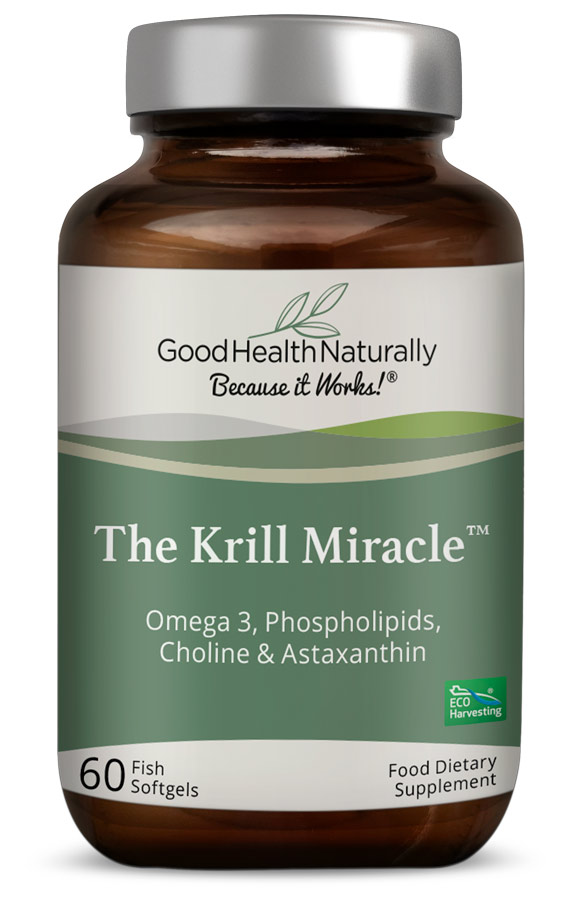Following on from last week’s exploration of omega-3 fatty acids and their benefits for eye health, we’ve uncovered some additional research on omega-3s that you may have yet to see. A common concern, often sensationalised, is whether omega-3s increase the risk of bleeding. Therefore, this week, we’re diving deep into a robust meta-analysis that explores this topic and clarifies whether we should be concerned about the safety of omega-3s.
Omega-3 and Bleeding Risk: Separating Fact from Fiction
Background:
For years, the narrative around omega-3 polyunsaturated fatty acids (PUFAs) has been muddled with conflicting information, particularly regarding bleeding risk. Critics have raised alarms, suggesting that omega-3s, known for their blood-thinning properties, could elevate the risk of severe bleeding events. However, a comprehensive study-level meta-analysis has now provided much-needed evidence to put these concerns to rest.
Methods and Results:
This meta-analysis meticulously reviewed data from electronic databases up until May 2023, focusing on randomised clinical trials involving patients receiving omega-3 PUFAs. The analysis included 120,643 patients from 11 clinical trials, comparing overall bleeding events—such as fatal and central nervous system events—between those receiving omega-3 PUFAs and a control group.
Here’s what the research uncovered:
No Significant Difference in Bleeding Events: The analysis found no meaningful difference in bleeding events between the omega-3 PUFA group and the control group.
Similar Incidence Rates for Serious Bleeding: The rates of hemorrhagic stroke, intracranial bleeding, and gastrointestinal bleeding were comparable between the two groups.
High-Dose EPA Findings: A prespecified analysis of patients on high-dose purified eicosapentaenoic acid (EPA) showed a 50% increase in relative bleeding risk, translating to only a modest absolute increase in bleeding risk (0.6%) compared to placebo.
Dose-Dependent Risk: The study found that the risk of bleeding was related to the dose of EPA taken. Specifically, higher doses of EPA were associated with an increased risk of bleeding. However, the absolute increase in any bleeding remained very modest.
Antiplatelet Therapy Not a Factor: The analysis also examined whether the use of antiplatelet therapy (medications that prevent blood clots) influenced the bleeding risk. The results showed no significant link between the use of antiplatelet therapy and bleeding risk in those taking omega-3 PUFAs. This indicates that the background use of these medications does not significantly alter the bleeding risk associated with omega-3 PUFAs.
Conclusion
The findings of this meta-analysis provide a strong rebuttal to the widespread myth that omega-3 PUFAs significantly increase bleeding risk. In reality, omega-3 PUFAs were not associated with an increased risk of bleeding. Even for those taking high-dose purified EPA, the increase in bleeding risk was minimal and clinically insignificant.
This is reassuring news for anyone taking omega-3 supplements. You can continue to enjoy the numerous health benefits of these essential fatty acids without substantial concerns over bleeding risks, particularly at standard dosages. As always, consult with your healthcare provider for personalised advice regarding supplements and dosages.
We hope this dispels the myths and provides you with confidence in the safety of omega-3 supplements. Stay tuned for more evidence-based insights in next week’s edition of Naturally Healthy News!
Reference:
https://www.ahajournals.org/doi/10.1161/JAHA.123.032390





